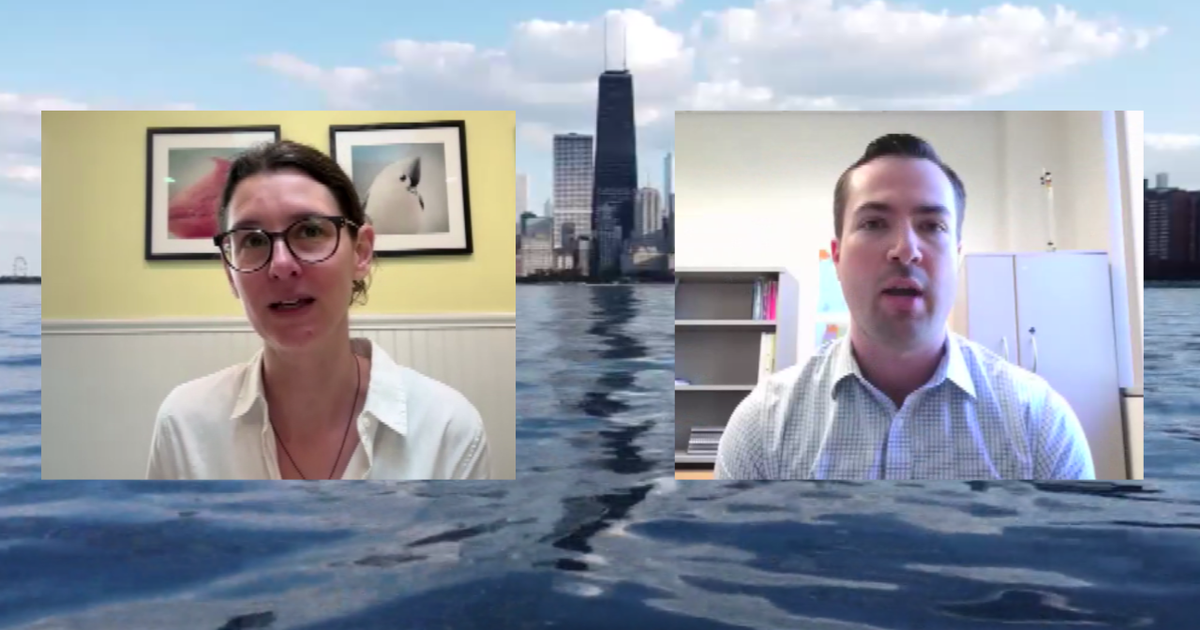As the climate changes, Chicago and the Great Lakes are sometimes referred to as a “climate haven,” an area that will be sheltered from some of the worst impacts.
Far from Gulf Coast hurricanes and California wildfires, Chicagoland seems like a safe place to be in a warming world. But is it?
“There’s really no place in the world that is truly a climate haven. It’s more a matter of picking your poison,” said climate researcher Dr. Kirstina Dahl. “My top concerns would probably be increased flood risk.”
Heavy rain is now 10% heavier than it was in 1970. Just this summer, 500-year and 1,000-year rain events devastated Chicago neighborhoods.
“And I would also worry about the wildfire smoke,” Dr. Dahl said.
As nearby Canada heats up, vegetation dries out, leading to record-setting wildfire seasons.
“We are seeing a significant number of days with wildfire smoke in the Chicago area,” Dr. Dahl said.
Forty-five to 50 each year, according to Climate Central. That’s one day a week when unhealthy wildfire smoke is present, affecting breathable air.
“Babies can be born with breathing issues because their mothers were exposed to intense wildfire smoke during their pregnancies,” Dr. Dahl said.
What about access to fresh water? As supplies dwindle in other parts of the country, Chicagoans have Lake Michigan. The Great Lakes hold 84% of surface freshwater in North America and supply drinking water for 40 million people, including the Chicago area.
While the water won’t run out anytime soon, lake temperatures have been heating up.
David Wright, a physical scientist with the Great Lakes Environmental Research Laboratory, who studies the Great Lakes, said 2024 featured the warmest surface water temperatures in their 30 years of record-keeping.
“Trying to understand how a change in that water temperature plays in the atmosphere,” he said.
Wright said a warmer lake can warm Chicago area temperatures, affect thunderstorm patterns, and fuel bigger lake effect snow events when winter comes around.
“One of the things that often gets left out of these discussions of climate havens is, a haven for whom?” Dr. Dahl said. “Maybe it is if you can afford an air purifier that can run on smoky days. Maybe it is if you can flood-proof your home or raise your home, but there are a lot of people for whom those aren’t options.”
Climate Central estimates that breathing wildfire smoke has killed between 5,000 to 10,000 people in Illinois in the last 15 years.
Experts recommend using a high-quality home air filter and limiting your time outdoors on smoky days.
More from CBS News
